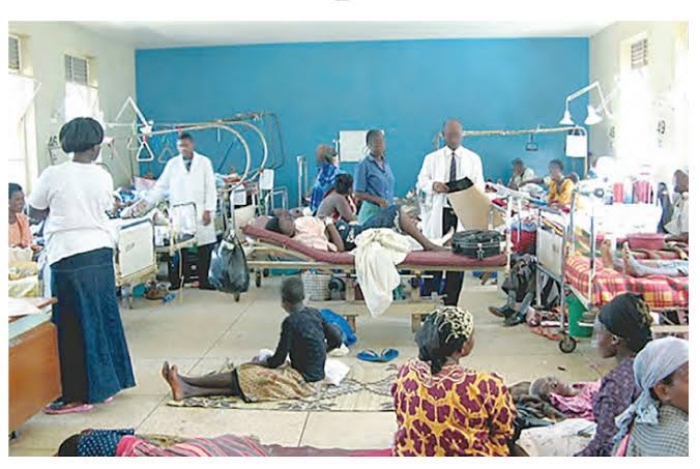June 06, 2025
Nigeria now Africa’s top cement exporter, says Aliko Dangote
by Super User
Nigeria has transformed from being the world’s second-largest cement importer to becoming Africa’s leading cement…
June 02, 2025
Afenifere blasts Tinubu: ‘Midterm report shows woeful failure, economic deforms, and rising despair’
in POLITICS
by Super User
The pan-Yoruba socio-political organization, Afenifere, has issued a scathing midterm assessment of President Bola Tinubu’s…
June 05, 2025
This is the process that lets managers get the best out of their team
in FEATURES
by Super User
Frans Van Loef What does it mean to be a manager? In today’s world, managers…
May 31, 2025
Tools made of whale bones reveal inventiveness of prehistoric people
in Strangely
by Super User
Artifacts found at archeological sites in France and Spain along the Bay of Biscay shoreline…
June 06, 2025
Gunmen kill two policemen, abduct Chinese in Kwara
in Crime
by Super User
The Kwara State Police Command on Thursday confirmed the killing of two policemen and the…
June 06, 2025
What to know after Day 1198 of Russia-Ukraine war
in WARS
by Super User
WESTERN PERSPECTIVE Four killed in intense Russian air attack on Ukraine's capital Russia mounted an…
June 06, 2025
Common supplements and medications could cause liver damage, studies show
Melissa Rudy Arun Sanyal, M.D., director of the VCU Stravitz-Sanyal Institute for Liver Disease and…
May 13, 2025
Nigeria's Flying Eagles qualify for World Cup after dramatic win over Senegal
in Sport
by Super User
Nigeria's U-20 national football team, the Flying Eagles, have secured their place at the 2025…

































































